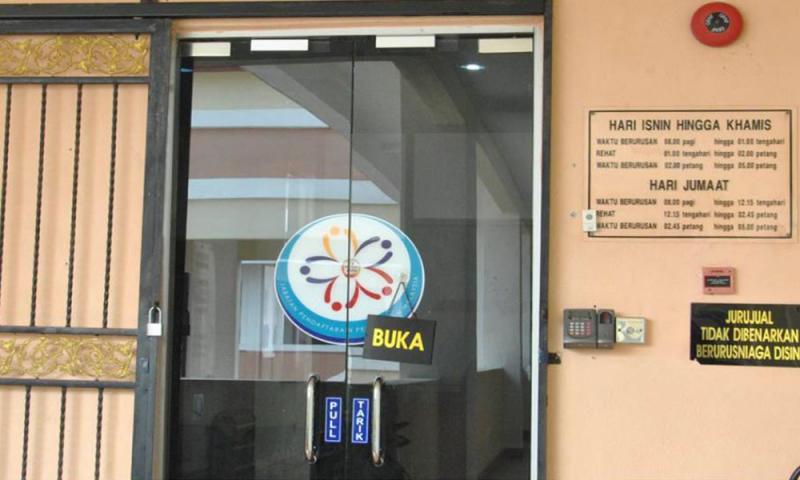LETTER | Teoh Beng Hock Trust for Democracy calls on the government to holistically reform the Societies Act 1966, allowing automatic registration as soon as an organisation or political party fulfils explicit criteria required by the law.
The predecessor of the Societies Act 1966, the Societies Ordinance, was enacted by the British colonial regime to control the activities of Chinese secret societies. There are a lot of anti-democratic elements that persist in the draconian law until today.
Should a registrar deem an organisation as “unlawful”, the registrar can reject its application or deregister it. Such huge discretionary and arbitrary power of the registrar must be abolished.
In history, the government often use the Societies Act to repress opposition parties. In the 1980s, the then home minister, Dr Mahathir Mohamad, who oversaw the work of the Registrar of Societies (ROS), swiftly registered the new Umno after it was being declared as an unlawful organisation. On the other hand, his opponent Tengku Razaleigh Hamzah failed to obtain a registration.
The Socialist Party of Malaysia (PSM) started to register as a party in 1998, but the ROS only approved its registration after ten years, in 2008. Before the 14th general election, the ROS rejected the registration of Pakatan Harapan as a political coalition, which forced the coalition to use the banner of PKR to contest in the election.
Besides, the Societies Act has been regularly invoked to repress and control the non-governmental organisation and Chinese associations.
In the post-Mahathir era, the ROS deregistered Hindu Rights Action Force (Hindraf), accusing Bersih 2.0 and Negaraku as illegal organisations and revoked the registration of Malacca Chinese Assembly Hall. These authoritarian measures were criticised by civil society.
Recently, the ROS rejected the registration of Parti Pejuang Tanah Air (Pejuang) and Malaysian United Democratic Alliance (Muda) as political parties. According to Home Affairs Minister Hamzah Zainudin, the applications were rejected because their constitutions were unclear and in contradiction with Section 7(3)(3) of the Societies Act.
Section 7(3)(e) states that “The registrar shall refuse to register a local society where the constitution or rules of the society do not contain provisions for all matters set out in Schedule I to this act or if the society is a mutual benefit society, matters set out in Schedule II or any other matters which the registrar may reasonably require.” The last sentence literally gives the registrar huge discretionary power to deny citizens’ freedom of association.
We condemn the ROS to use ambiguous reason to reject their registrations. The government should approve their registrations immediately, respect the democratic choice of the Pejuang and Muda supporters to vote for their favourite parties in the next election.
Reforming the Societies Act should be an important agenda of democratic reform. We urge all political parties to include this agenda in their next election manifesto.
Any political party should not abuse the law to repress opponents while in power, and act as a victim to criticise the repression when lost their power.
Strong political will is the key to democratic reform.
The writer is the chairperson of Teoh Beng Hock Trust for Democracy.
The views expressed here are those of the author/contributor and do not necessarily represent the views of Malaysiakini.





